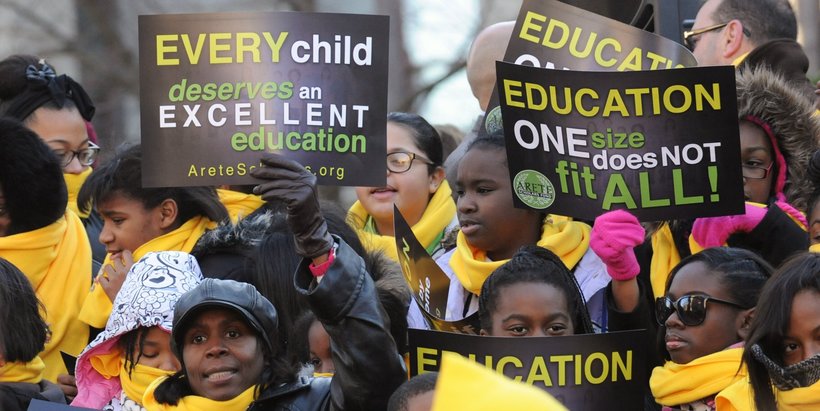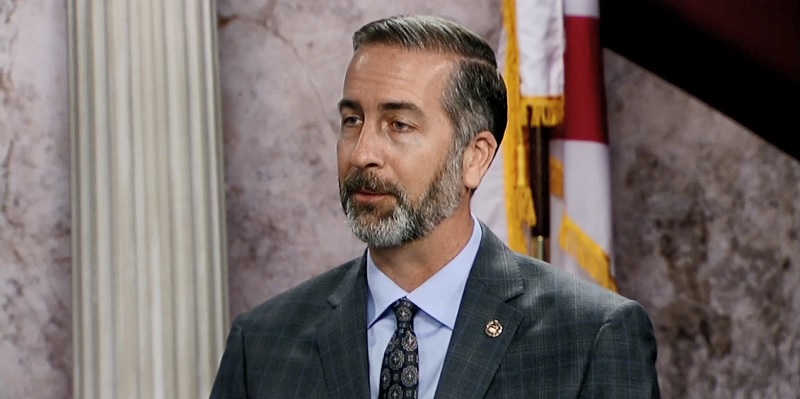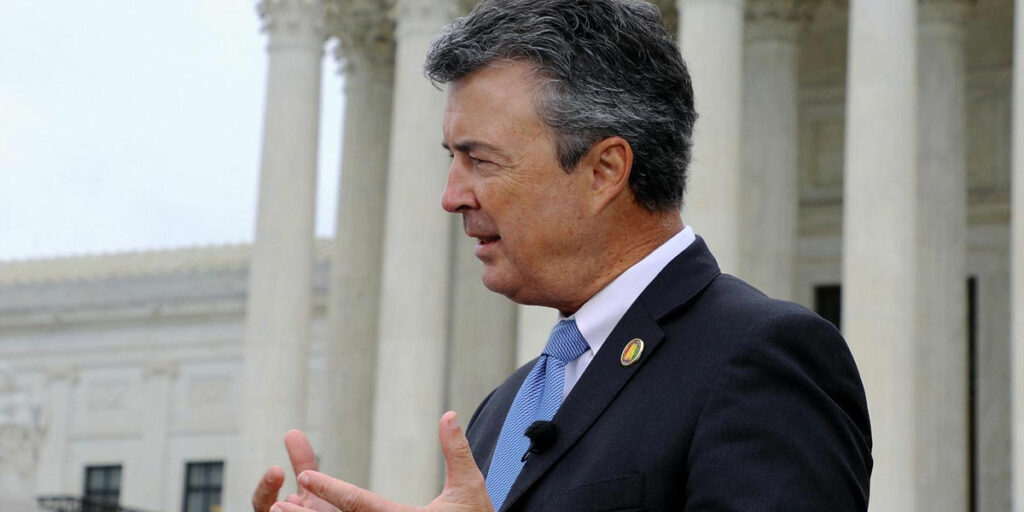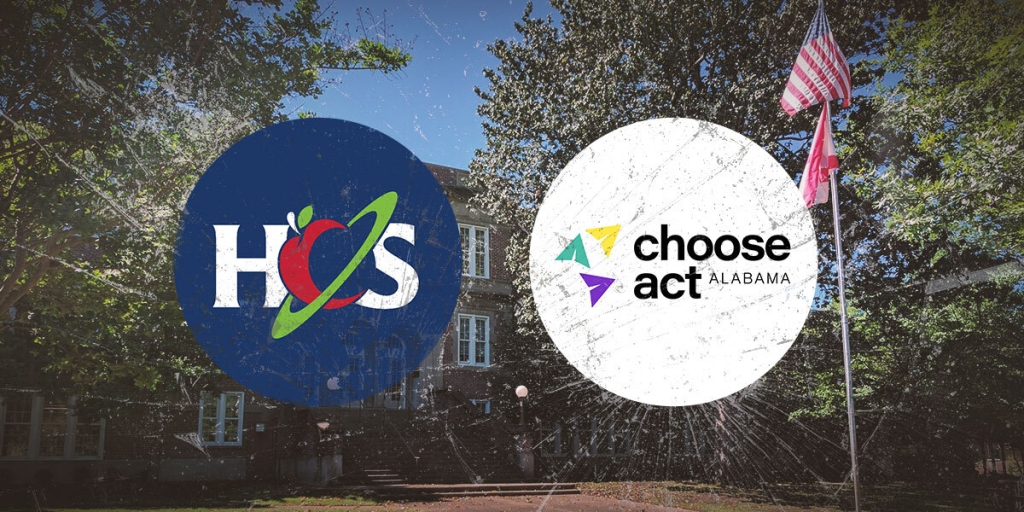Last year, Donald Trump made school choice a hot button issue while rallying voters on the campaign trail. As a candidate, he promised he would work to enact a $20 billion dollar school choice program. Now he is attempting to deliver on that promise.
On Wednesday, President Trump, joined by Vice President Mike Pence and Education Secretary Betsy DeVos, asked Congress to work with him to expand school choice to serve more low- and middle-income students all across the nation.
“During my campaign for president, I promised to fight for school choice,” Trump said. “Every child has the right to fulfill their potential, and, if we do our jobs, then we will never have to tell young, striving Americans to defer their dreams for another day or for another decade.”
“This administration remains committed to serving all students, especially the most vulnerable,” said Education Secretary Betsy DeVos. “These students particularly benefit from school choice programs.”
While they did not elaborate on any specific legislation, there have been discussions regarding the creation of a federal tax credit scholarship program, which would allow for businesses and individuals to donate to state-based nonprofit organizations in return for a dollar-for-dollar federal tax credit. The nonprofit would then give scholarships to low and middle-income families for their child to attend the private school of their choice. This type of federal program would expand current state programs that are already in place in seventeen states across the country.
One of those programs is already here in Alabama, and state legislators are currently debating a bill that would expand the types tax credits available for businesses, making raising money more consistent from year to year.
Senate Bill 123, sponsored by Senator Del Marsh, would allow for businesses to be able to receive a tax credit against their utility gross receipts tax payments in return for a donation to the Scholarship Granting Organization. According to Chad Mathis, Alabama State Chairman for the American Federation for Children, this is a minor change that could have a huge positive impact on an already successful program.
“Over the last couple years, it has become apparent that relying only on corporate and individual income tax can be problematic,” Mathis said. “The amount of income tax that individuals and corporations pay can be very volatile and dependent on many factors. Including the utility gross receipts tax allows for more consistent fundraising opportunities, which will in turn allow Scholarship Granting Organizations a better ability to plan ahead and serve more children.”
The scholarship program, which was created by the Alabama Accountability Act in 2013, is currently serving over 4,000 low-income students from all over Alabama, including many from failing public schools. A school is considering failing when it is in the bottom six percent of schools in test results in reading and math.
SB 123 passed in the Senate at the beginning of March and cleared House Committee at the end of April. It is currently only pending action on the House floor. Supporters hope the bill becomes law as soon as possible.
“The sooner this bill passes, the sooner we can start raising the money,” said Lesley Searcy, Executive Director of the Alabama Opportunity Scholarship Fund, one of the state’s largest scholarship granting organizations. “In turn, this will enable us to not only renew existing scholarships for next year, but also serve more students who desperately need another educational option.”
“I hope members of the Alabama House will follow the lead of President Trump and act now,” Mathis said. “There are so many children in Alabama that are stuck in an educational environment that isn’t working for them. They shouldn’t have to wait for the adults to figure out why it isn’t working. They just need another option. And this bill will give them that option.”













